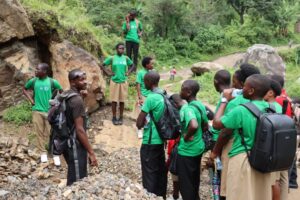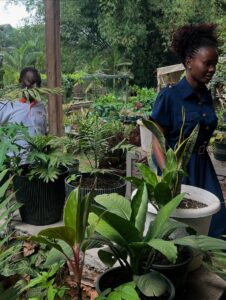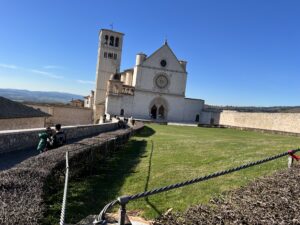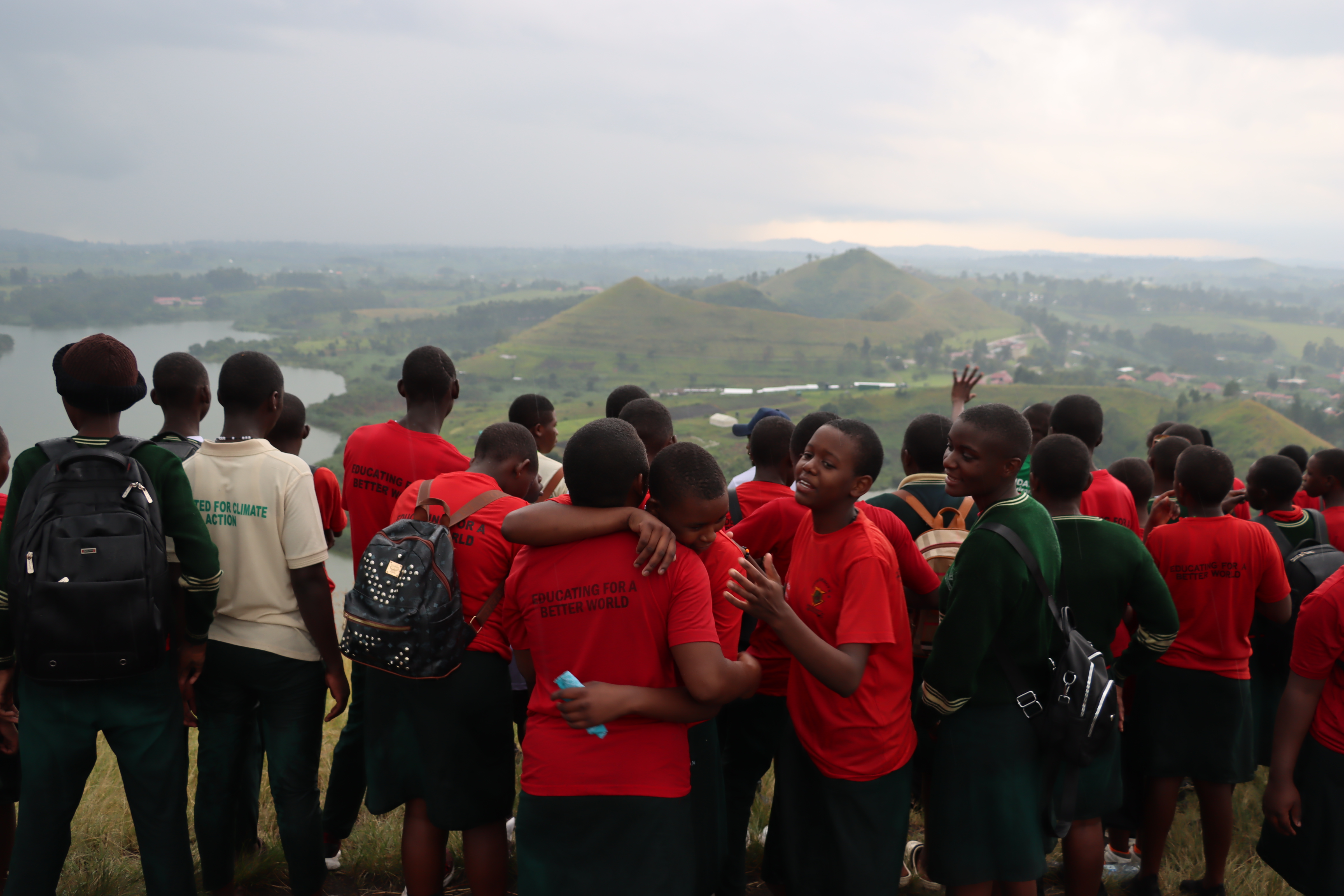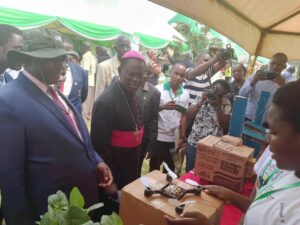Laudatory Youth Initiative
The Laudato Youth Initiative brings a new African-engrained perspective
The international response to the climate crisis needs to bridge the gap between Cop summits and the experience of those who face its consequences. It must ignite hope for a climate-resilient generation
While Cop29 delegates deliberated and debated through the last weeks of November, those of us invested in ecology and climate action found ourselves asking and being asked the same pressing question: Will the conference’s decisions lay out concrete strategies that inspire young people and drive the creation of a green world?
From my work as a mentor for the Laudato Youth Initiative, running environmental clubs and programmes in Uganda and beyond, I have experienced the power of faith – shaped through integral ecology and cultural wisdom – to inspire care for our common home. Whatever the details of the policies Cop29 sets out, they need to break down barriers and empower practical action points.
Young people are already deeply concerned about their future and eager to engage in meaningful solutions. However, the disconnect between world leaders’ rhetoric and the reality of their actions has disillusioned many of them, fuelling anxiety and mental-health issues. These individuals possess the will, numbers, ability, and energy; they require mentorship, dialogue, and support. These are the people of the present and the future – those whose lives are most vulnerable to the climate crisis.
There is deep interest and passion among the young that Cop29 and its successors need to encourage. Young people in many institutions and communities are eager to connect with nature and protect it, and want to enhance their environmental knowledge and foster a deeper understanding of why and how to safeguard our planet. All that’s missing are the policies to nurture this.
At the Laudato Youth Initiative, our clubs work to bring a new, African-engrained perspective to the values of faith and care for creation. We promote environmental stewardship: young people can learn to assess local problems and develop manageable solutions. We work to build synergies between their cultural values and experiences, and global ideas expressed in Church documents, government policies and Cop agreements.
“What is happening to our common home?” asks Pope Francis in Laudato Si’. Since he set out the environmental crisis in that encyclical in 2015, the evidence of its dangers has only increased – yet some remain unaware, or deny the existence of climate change. For the resolutions of Cop29 to succeed, they need to address this in a tangible way.
This demands country-level structures uniting conservation initiatives and popular youth organisations. They need to confront carbon emissions and hard plastics, and explore local resources and policies serving communities. At this level it is clear that environmental injustices threaten life itself and that climate change is a grave moral issue. The United Nations’ Sustainable Development Goal 13 emphasises the urgency of climate action – something that Catholic Social Teaching can bring into people’s lives.
Laudato Si’ clubs mentored by our initiative promote unity and climate action in this way. Pope Francis’ apostolic exhortation, Laudate Deum warns: “We are not reacting enough, and the world is nearing the breaking point.” Our motto, “United for Climate Action”, was chosen to embody this sense of urgency for the future. We are committed to forming a climate-resilient generation.
No one should succumb to climate disasters. We champion the poor, aligning our values with compassion and hope and amplifying their concerns to global players. In a world where food is weaponised and wars ravage young lives, neglecting the poor worsens the climate crisis. Decision-making by governments and institutions needs to bridge this gap if we’re to create a climate-resilient society. The people worst affected by the crisis – the poor and the young – need to be empowered now to foster genuine long-term solutions, besides the mitigation work needed to address immediate challenges.
Cop29’s goals need different platforms to work at this level. National youth-focused initiatives can offer practical support leading to practical action. Governments, agencies and charities should fund wider environmental education programmes in schools, to ensure that young people understand the climate crisis from an early age. Young people can learn practical skills, to take ownership of climate resilience and bridge the knowledge-action gap. The media is crucial to this – it can drive behavioural change. The Laudato Youth Initiative works to transform communication channels.
Together, we must commit to building a sustainable future where youthful ambition meets practical policies and collective efforts. It is time for the decisive, united climate action that can transform our common home into a thriving, resilient environment for all.
Br Adolf Mugume CSC is the mentor of the Laudato Youth Initiative. You can learn more about its work at laudato-youthinitiative.org
This story was first published by The Tablet, The International Catholic News Weekly. It has been translated and adapted by Laudato Youth Initiative









